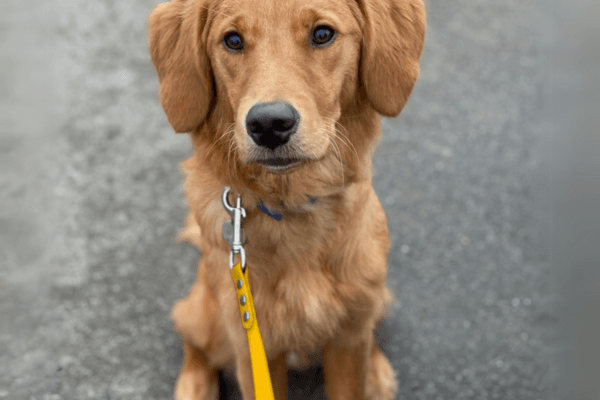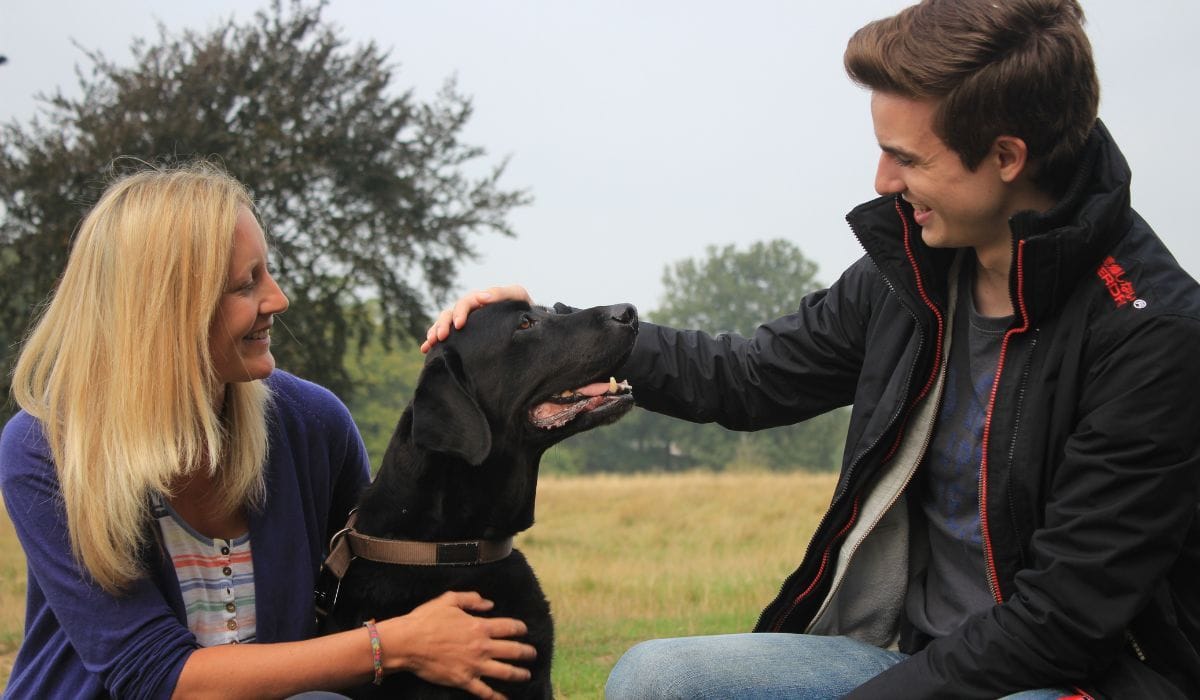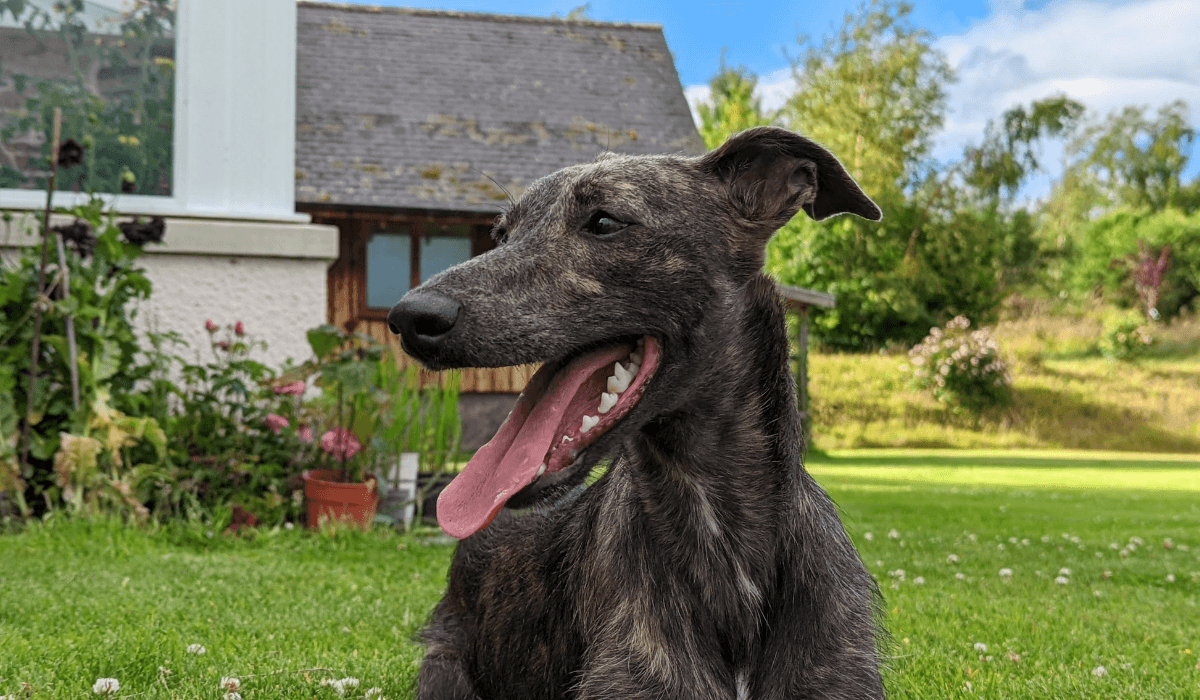Written by Dr. David Tweedle, BVetMed MRCVS Clinical Director
Dr David Tweedle, My Family Pet vet and Clinical Director at Natures Vet in Somerset, discusses how to recognise hay fever in dogs and how to reduce your fuzzy friend’s irritation during the allergy season.
“Did you know that dogs can suffer from hay fever too, just like humans? It’s true! Symptoms vary from dog to dog though, so it’s important to be sure that it’s hay fever your dog is suffering from, and not an allergy to something else.
Hay fever is an allergy to pollen, brought about when pollen comes into contact with the skin. As you can well imagine (and probably know from your own experiences) the pollen count in the UK is higher between May and August, which is when most people and animals’ symptoms occur.

Are dogs’ hay fever symptoms the same as humans’?
Yes and no. Just like humans, dogs may suffer from such symptoms as:
- Sneezing
- Itchy or inflamed eyes
- Runny nose
But unlike humans, hay fever most commonly affects a dog’s skin. They may itch, bite or rub their paws, armpits, abdomen, legs, groin or face and you might spot patches where their skin is dry, flaky or inflamed.
Many other conditions and allergies can cause excessive itching though, so never simply assume that if your dog is itching, it must be hay fever. It’s far more likely to be parasites (fleas or ticks) or a dust mite allergy. If your dog is itching excessively, it’s best to have a chat with your vet and get their condition diagnosed properly.
Treating hay fever in dogs
Sadly, you can’t ‘cure’ hay fever, although you can ease your dog’s symptoms with:
- Ear drops
- Eye drops
- Cleansing wipes
- Medicated shampoos, creams and related products
Antihistamines can relieve symptoms too, but some of them can also be poisonous to dogs, so only give your dog medication that’s been prescribed by your vet!
Home remedies
You can also limit your dog’s exposure to pollen at home:
- Walk them early in the morning and later at night when the pollen count is lower
- Wash your dog thoroughly after a walk and pay extra attention to their paws, eyes and underbelly
- Hoover your carpets regularly during allergy season
- Keep your lawn nice and short
- Wash your dog’s bedding at least once a week
And if you’re concerned, always give your vet a call.
This article is for information only, and should never replace any advice, diagnosis or treatment from your veterinary surgeon. Always contact your local vet or out of hours vet without delay if you have any concerns about your dog.
Would you like some extra support with your dog?
We all need a helping hand from time to time, whether it's training tips, a little bit of guidance or some help with dog care. BorrowMyDoggy, connects you with trusted, local borrowers who'd love to spend time with your dog.





